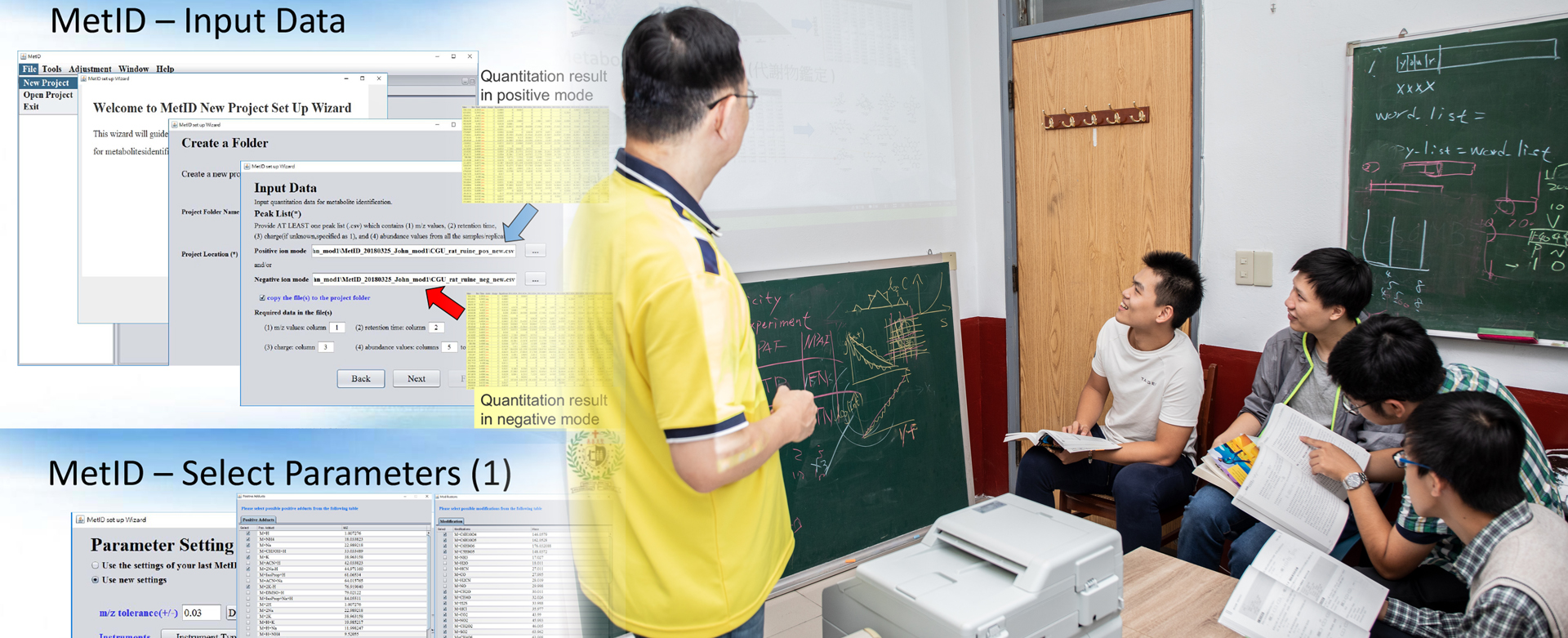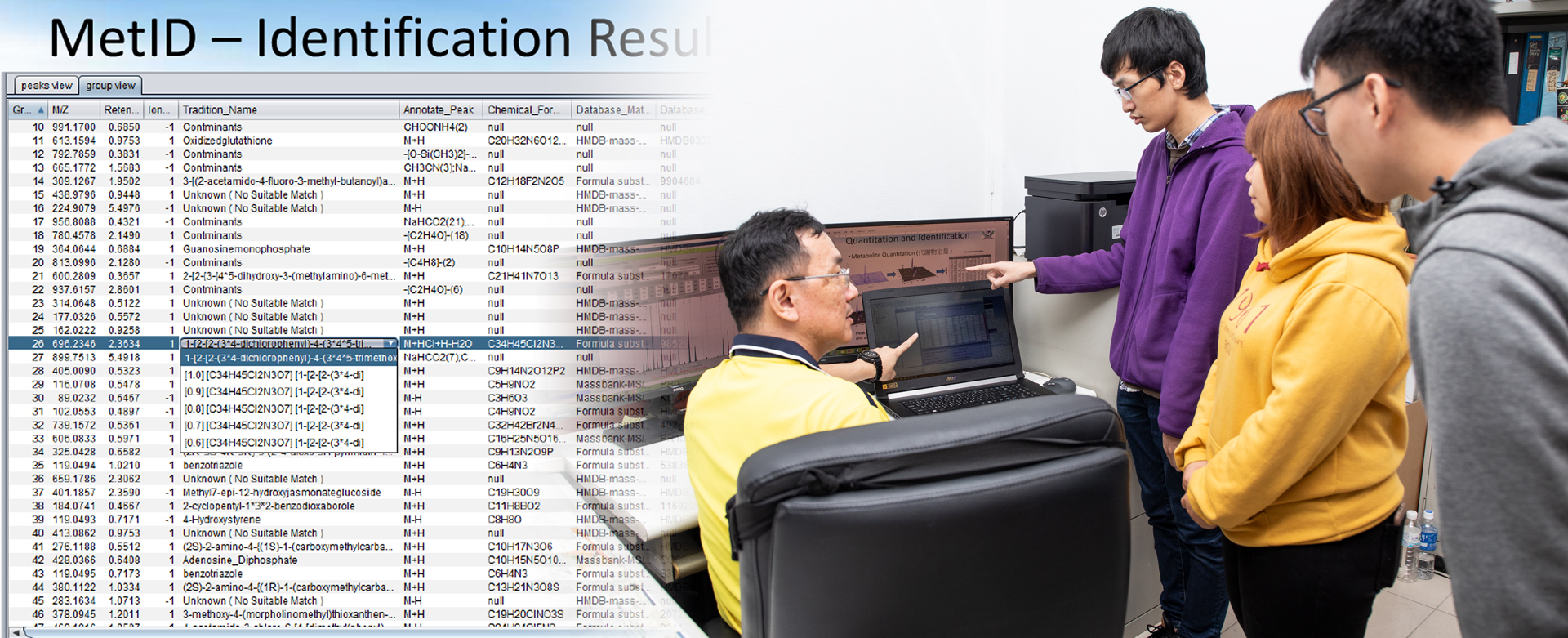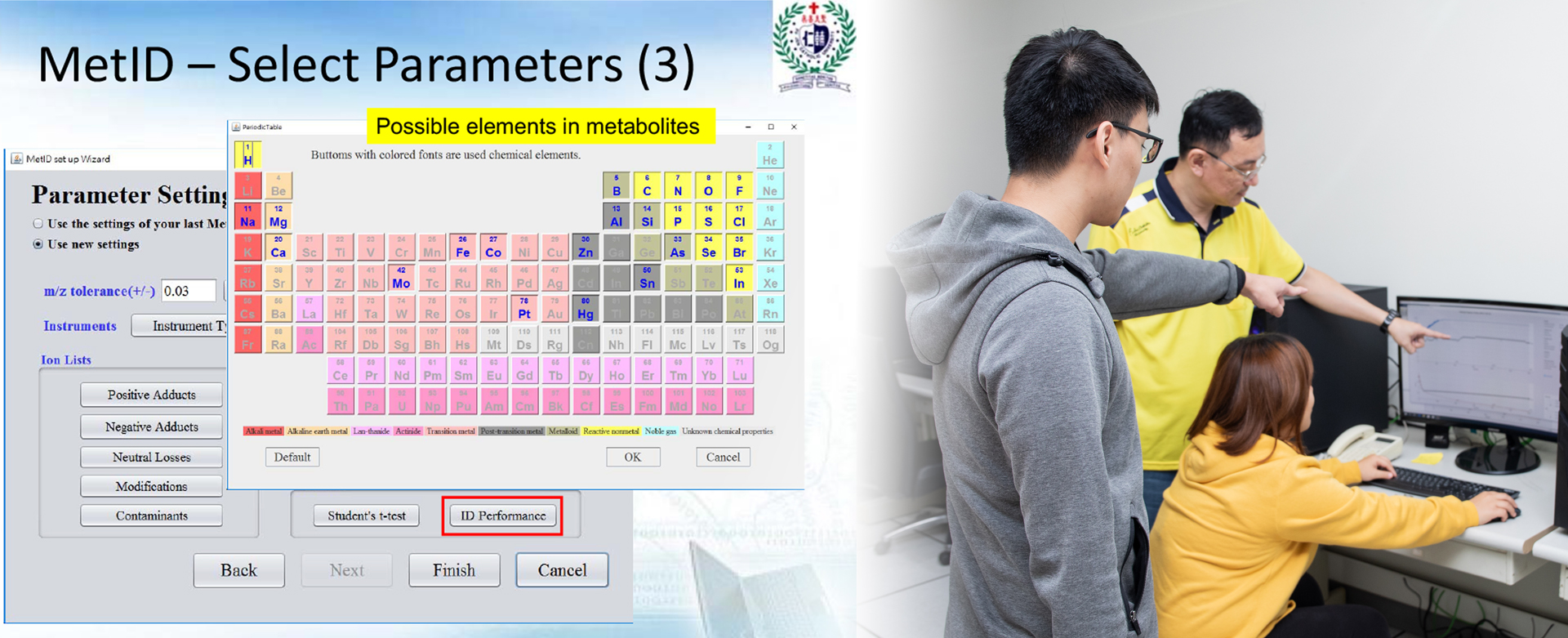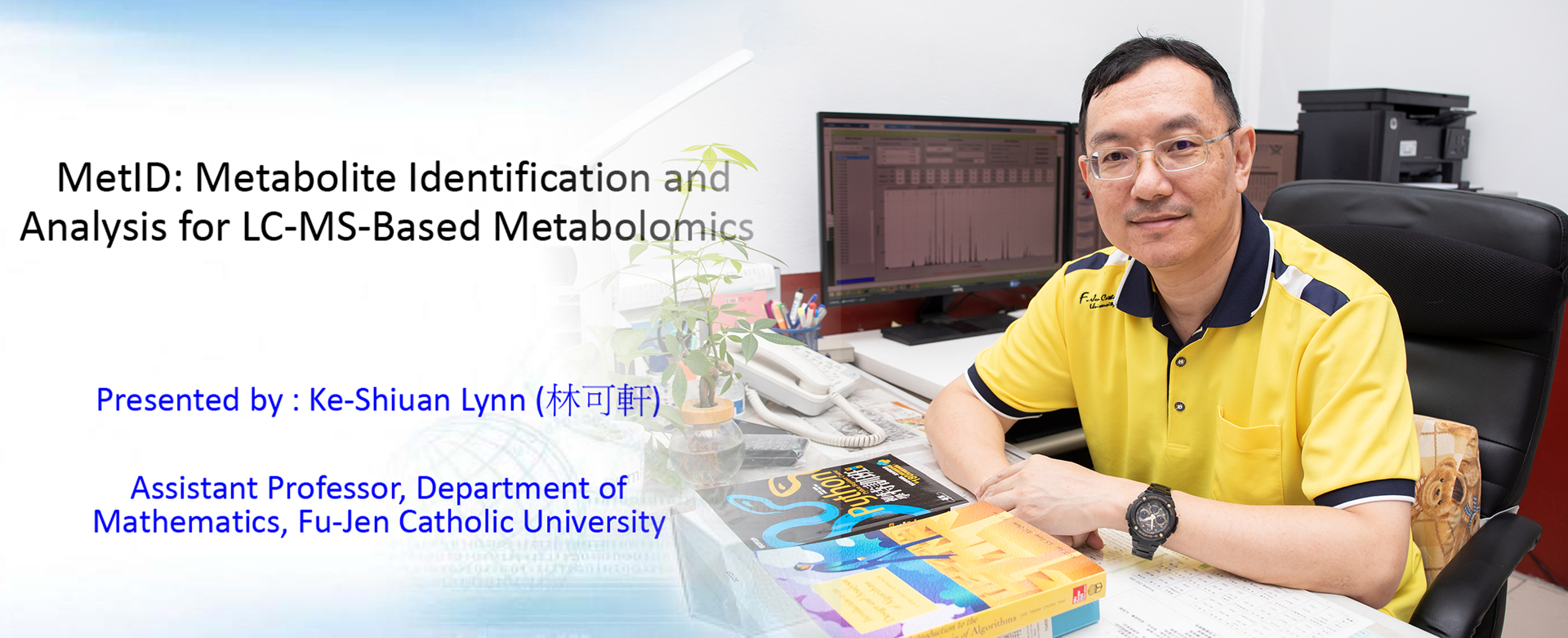Biomedical Signal Processing and Analysis
With advancement in storage and computation technologies, analysis of biomedical signals that are usually large in size, complex in content, and versatile in format is not only feasible on personal computers but also inevitable for many modern medical applications. Sometimes, software is more important than hardware because a good coding technique and algorithm can accelerate the analysis several times faster than good hardware.
Dr. Lynn has extensive experience in dealing with different types of biomedical data, including ECG, MRI, phenomic, genomic, proteomic, and metabolomic data. His research is directed primarily toward developing novel or modifying existing computational algorithms for different biomedical data analysis. Currently, Dr. Lynn’s laboratory focuses on two topics: (i) metabolite identification in metabolomics studies and (ii) arrhythmia prediction using artificial intelligence. For the first topic, the objective is to develop an automated software package for metabolite identification, the bottleneck problem in liquid chromatography−mass spectrometry-based metabolomics studies. Currently, this process relies heavily on comparing the tandem mass spectrometry spectra generated in a metabolomics study with those of the standards. Such a delayed and labor-intensive procedure creates a barrier to automation. Our software package can not only perform the comparison automatically but also achieve the metabolite identification without using the standard spectra, which greatly reduces the cost and time of a metabolomics study. For the second topic, the objective is to predict the occurrence of some common arrhythmia using artificial intelligence techniques through signals acquired from wearable devices. Many arrhythmias, although not fatal by themselves, are highly related to fatal complications, such as stroke. Therefore, their prevention or even reduction can decrease the chances of fatal complications and thus improve public health.
119 views




